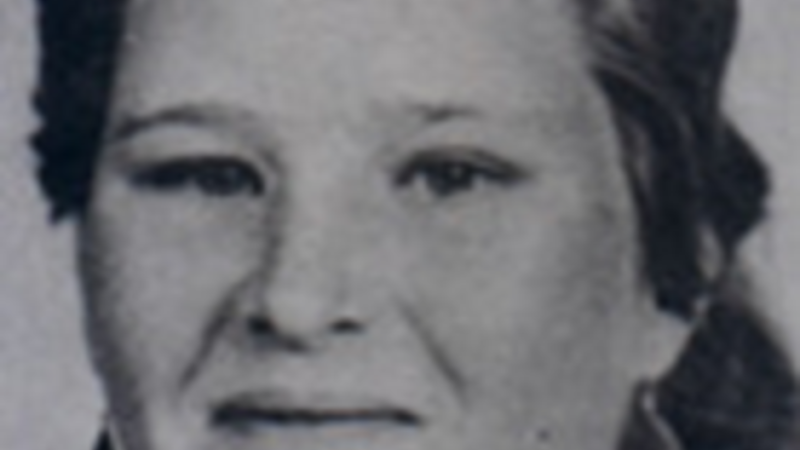More clarity about the fate of Angelique Hendrix 30 years after she went missing
More than thirty years after Angelique Hendrix from Stein disappeared, new information has come up in this long-running missing person’s case. A recent match with a DNA profile stored in the Belgian DNA database has proven that Angelique is no longer alive. The Public Prosecution Service offers a reward of EUR 30,000 for the tip-off or information that solves this case.

On 13 July 1990, Angelique got on her bicycle and left her parents’ house on Heerstraat in Stein. Nothing was heard from her since. There are different accounts of what happened next. The investigation team is now asking the public's attention for this case once again in the hope of finding out what really happened to Angelique.
At the time of her disappearance, Angelique was wearing Bermuda shorts. There is no further information about the other clothes she was wearing. She was probably wearing earrings (model unknown). She rode a dark green women’s bicycle, engraved with the postcode 6171HX 200.
Belgian DNA profile
The DNA profile stored in the Belgian database was taken from a skull that was found in Maasmechelen, Belgium, just across the border from Stein, on 20 May 1991. In the 1990s, no systematic DNA testing was carried out in forensic cases in Belgium, but in 2012 a DNA sample was taken from the skull. This DNA profile was later added to the Belgian DNA database at the National Institute for Criminalistics and Criminology (NICC).
In March 2024, Belgium changed its legislation to allow DNA profiles to be shared with INTERPOL’s international I-Familia database, following which the DNA profile from the skull was indeed shared with INTERPOL. Recently, this led to a match between the DNA profile of Angelique’s relatives and the one from the skull discovered in 1991.
I-Familia database
The I-Familia database is a DNA database managed by INTERPOL. Family members of missing persons can contribute their DNA to the database on a voluntary basis. Through the database, these DNA profiles are then compared with the DNA of unidentified bodies found abroad and that of persons who were reported missing abroad.
Angelique’s relatives had already contributed DNA to this database. The change in Belgian legislation made it possible to link the I-Familia database to the Belgian DNA database. This resulted in a possible match with Angelique. Additional investigations in both the Netherlands and Belgium have since confirmed with 100% certainty that the skull is Angelique’s.
First match
For both the Netherlands and Belgium, this is the first match resulting from the use of the I-Familia database. The I-Familia database is exclusively used to investigate cases involving missing persons and unidentified bodies and operates separately from INTERPOL's criminal database.
Police investigation
When Angelique was reported missing in 1990, the police started an investigation. Over the past thirty years, they received many tip-offs and a great deal of information about this missing person’s case. For each tip-off or piece of information, the police assessed in consultation with the Public Prosecution Service how serious it was, and which further investigative actions or approaches could still be taken.
The subsequent disappearance of one of Angelique's friends in June 1996 was comprehensively included in the investigation. The human remains of the friend in question, Mirjam Verboort, were found in January 1998 in a nature conservation area behind the church in Stein. A clear link between the two cases could never be established in the investigation.
Breakthrough
The DNA match has caused an enormous breakthrough in this long-running missing person’s case. It is extraordinary that this match could finally be made after more than 30 years. As a result, Angelique’s relatives have finally learned more about her fate and now know for certain that Angelique died years ago. Of course, they still remain in the dark about what actually happened and when. The police and Public Prosecution Service want this uncertainty to end.
Reward
The police and Public Prosecution Service therefore hope that there are people who know more about this case and after all these years are prepared to share this information, so that Angelique’s family can learn the truth about what happened to her. The Public Prosecution Service offers a reward of EUR 30,000 for the tip-off or information that solves this case.
Do you have any information about this missing person? Or do you know more about this case? Please share this information using the free police tip-off line: 0800-6070 or call the Criminal Intelligence Team on 088-661 77 34. You can also email your information directly to the cold-case team: coldcase.lb@politie.nl or complete the tip-off form at www.politie.nl/angelique.
